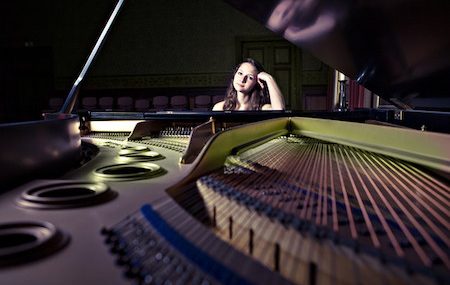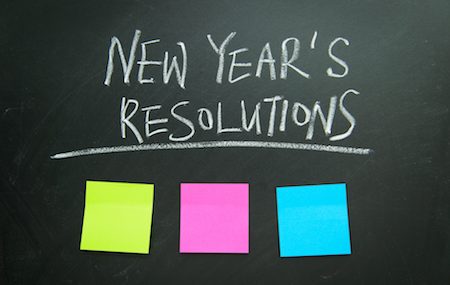When you have a small child and you’re enticing them with new hobbies, it’s natural to sign up for classes and have them participate. But for adults, we prefer to do things ourselves. When we start up a new hobby, many times, we do research online, watch a few YouTube videos, possibly invest in a workbook or other type of guide to help us along.
A new hobby is meant to take away stress, not add to it. And a lot of times scheduling regular lessons away from home is more stress than it’s worth.
Which is why in many cases, it’s easier to learn piano all by yourself.
But is that possible? Can you learn piano all by yourself and do it justice?
Yes. You can learn piano with a little determination and a whole lot of practice. Take it at your own pace. Here’s how.
Invest in a piano
When you think about piano lessons for your kids, you’re likely to invest in quality materials to ensure they have a chance to get it right. But when we invest in things for ourselves, sometimes we put quality on hold, and search by price alone. A piano isn’t something you can skimp on. If you buy a cheap keyboard at your local big box store, you won’t truly learn how to play, and will only grow frustrated throughout the process.
Spend some time finding the right piano for your needs. Why not make an investment in something nice, something that will add to the decor of your home? You’ll be more likely to play it. Others in your home may pick it up too.
An acoustic piano will give you all you need to learn this new skill. You can select vertical if you’re short on space, or maybe now is the time to go all in and select that grand piano you’ve had your eye on for years.
Learn the skills
Once you have your new piano in place, it’s time to learn the basics of the keyboard. Sit down and learn the major keys, where middle C is, and how the keys flow. Learn the differences between tones, what sharps and flats sound like. See how each of the notes looks on music. There are many ways you can accomplish this, both with video training and with apps and games. Have fun with it; you’re more likely to stick with it if you enjoy it.
This is also when you should be learning about chords. Basic chords work together to play several notes together to create one harmonizing sound. Again, you can find a variety of recourses to help you learn the basics.
This is also the time to learn correct finger placement and correct posture. If you don’t sit right at the piano, it can cause muscle problems, and make the entire process less enjoyable. This is about training all muscles for strength and helping you become a better player. While you can do this on your own, through online resources, it may be wise to check in with instructors periodically so they can help ensure you’re doing this right. It really does have a big impact on the way you play.
Reading music
After you get the mechanics down of how to play the piano, it’s time to start reading music. Again, there are a wide variety of online tools ready and waiting to help you along. Start with basic music and learn in a straightforward way. Select more complex music as you advance and understand the basics.
There isn’t a right or wrong way to learn to play the piano. Go at your own pace.
But the one thing you should always implement is: practice, practice, practice.
It’s the best way to ensure your love of playing the piano grows.




